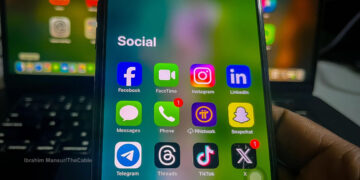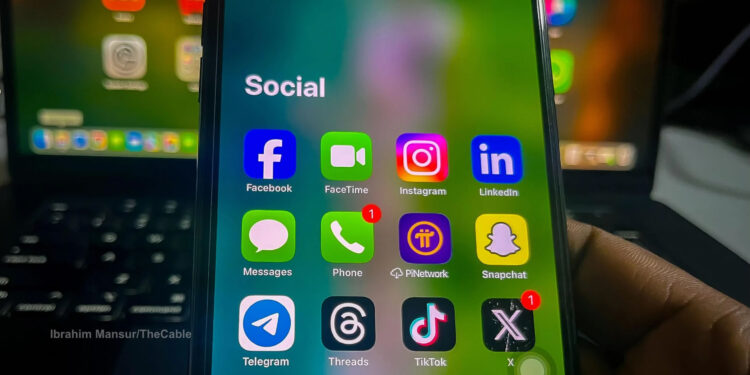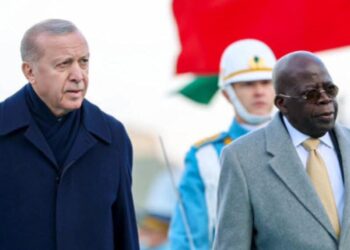The Trump administration has ordered U.S. embassies and consulates to temporarily halt scheduling new student visa interviews as it prepares to implement expanded social media screening for international applicants, according to a State Department cable obtained by POLITICO.
The directive, signed by Secretary of State Marco Rubio, signals a significant escalation in vetting procedures that could particularly impact students from Africa, including Nigeria, one of the largest sources of foreign students for American universities.
The cable instructs consular sections worldwide to pause adding new appointment slots for F (academic), M (vocational), and J (exchange visitor) visas until further guidelines are issued. The move comes as the administration prepares to enforce stricter social media checks, though the exact criteria remain unclear.
This follows recent cases where dozens of foreign students had their visas abruptly revoked, including some involved in pro-Palestinian protests on U.S. campuses.
The policy shift threatens to disrupt enrollment plans for U.S. universities, which rely heavily on tuition from international students. It also raises concerns about arbitrary exclusions, given the administration’s history of targeting students perceived as critical of Israel.
Harvard University, already locked in a funding dispute with the federal government over alleged antisemitism, has faced particularly stringent scrutiny under existing rules.
While the administration frames the measure as a counterterrorism and antisemitism safeguard, critics warn it could stifle free expression and unfairly penalise students from predominantly Muslim nations. The lack of transparency around screening criteria has drawn comparisons to Trump-era travel bans, which faced legal challenges for discriminatory intent.
With consulates awaiting detailed instructions, the delay in visa processing could create backlogs, potentially deterring applicants ahead of the fall semester. For African students, who contribute billions to the U.S. economy, the policy adds another layer of uncertainty to an already competitive and costly admissions process.
The State Department has not specified when new guidance will be released, leaving universities and prospective students in limbo as the administration doubles down on its hardline immigration agenda.



































